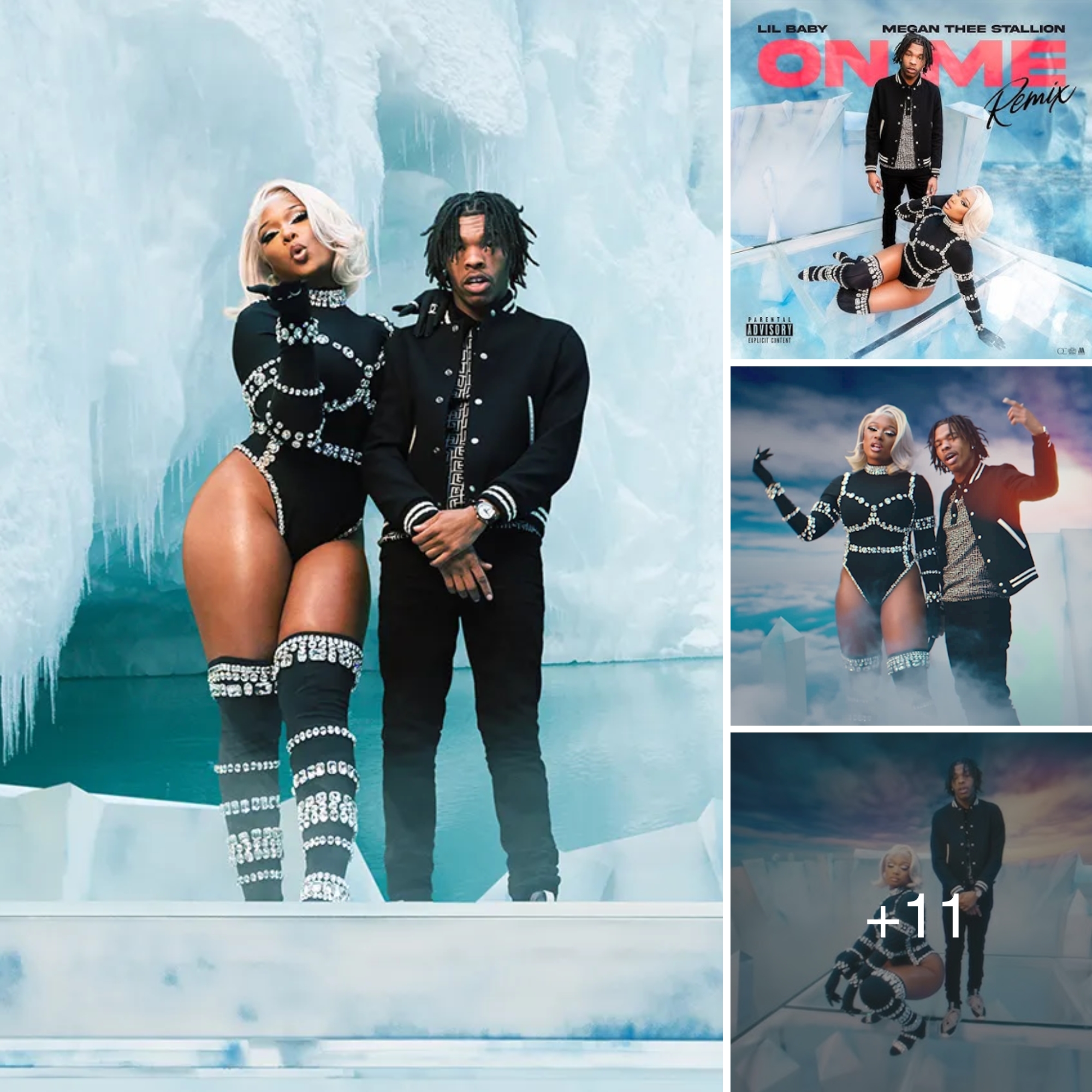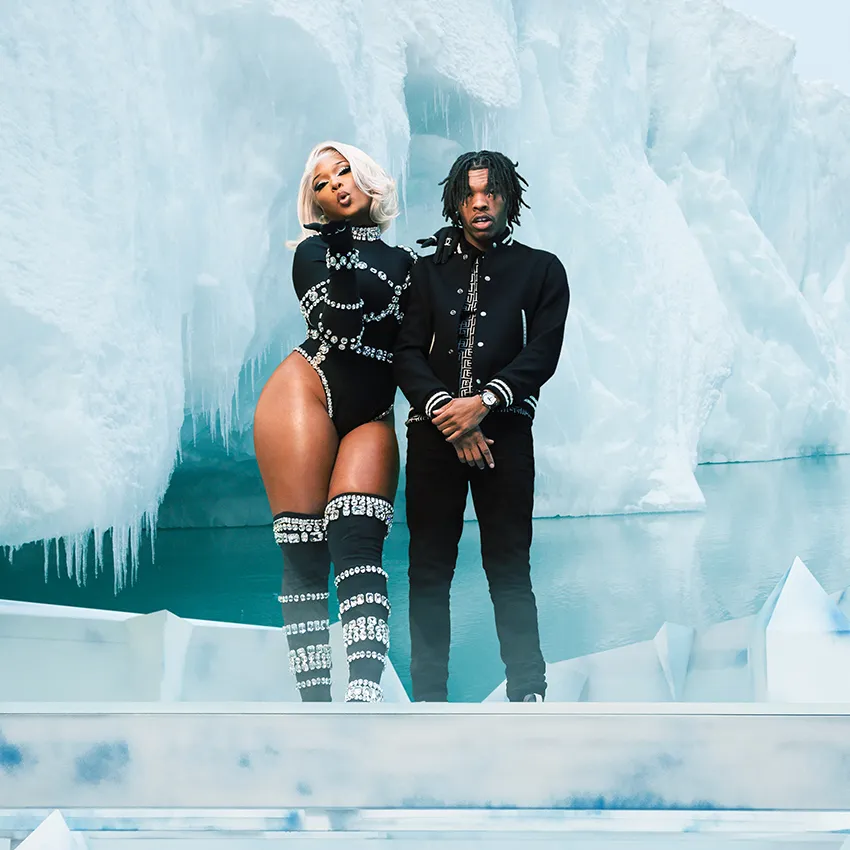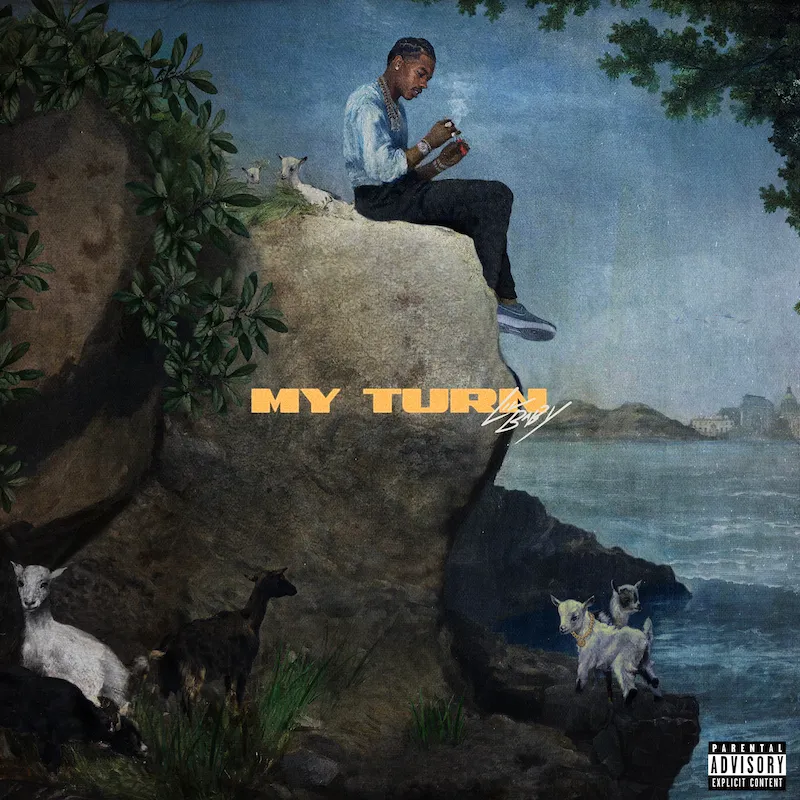Lil Baby has become one of Atlanta rap’s two most popular global ambassadors in the previous decade. His post-Thug melodic flow is great over sparse, drum-forward production. A more relatable and lighter 21 Savage, a more restrained Thug, and an accessible Future. His lyrics are ATLien but reach beyond his hometown. He can bar out like a less monotone Curren$y, less comical Wayne, and less regulated Kendrick. Like lemon pepper wings, Lil Baby’s music is tasty and popular.

Atlanta is home to modern rap and a horrific tragedy that upended its infrastructure. Arrested Young Thug and Gunna were denied bond. They await trial on a RICO charge alleging YSL is a criminal gang. This calamity is caused by American inequity and injustice, like many others. Atlanta has always attracted great musicians, but its pop-rap output has changed for global audiences. With his two artistic mentors in prison, Lil Baby is one of the city’s two international superstars (with Future).
Before you chastise me, let me state that Lil Baby is one of the best rappers alive. I also believe he has never made a “great album.” Not by the outdated standards we use to evaluate that art form.Lil Baby released his third Quality Control album, It’s Only Me. Lil Baby’s mixtapes and two studio albums have made him one of the most successful rappers alive after five years with the company. Fortnite emote. FIFA World Cup opening ceremony performer. My Turn was 2020’s most-streamed album thanks to its Deluxe Edition. If streaming service analytics are used by greedy industry scumbags, It’s Only Me is another smash.

Like My Turn and the first studio album, 2018’s Harder Than Ever, It’s Only Me is an hour-long, tonally predictable mix of new music with high-profile features and the occasional mega-hit. Not a terrific “album.” It features too many repetitive tracks, is too long, and is thematically inconsistent. It avoids risk. Unmeaningful sequencing.
Lil Baby talks about how he’s the best without saying so: how he’s in the World Cup and not in anyone else’s level, how he decided to drop an album, and how he owns houses he doesn’t use. He allegedly became a rap superstar by accident. According to folklore, Young Thug and Coach K urged Lil Baby to start rapping after he spent enough time at Quality Control studios selling drugs. After his release from prison in 2016, he gave music an honest try despite initial doubts about his early earnings compared to street work. In a year, the chatter was deafening. He gained popularity in 2020 with protest songs including “The Bigger Picture” and “Emotionally Scarred.” His skills are developed and established after two years. He can compose an hour of music without any thinking, and the world will devour it.Not that the songs are bad, but that It’s Only Me as an album doesn’t stand out. “Not Finished” showcases Lil Baby’s best: melodic, fast rapping on beat with up-tempo hi-hats. “Waterfall Flow” and most of the random tunes are also good examples. Low ceiling, high floor for song-by-song quality. This above-average middle ground gets monotonous after an hour. In his Variety review, Brandon Yu noted, “Here’s an exercise: to get a clear sense of the bloated laziness of the record, play the first couple seconds of these tracks in order: “Stand On It,” “Not Finished,” “Everything,” “Top Priority,” and “Danger.”” This lack of musical variety hurts the “album” as a whole.
Lil Baby’s It’s Only Me doesn’t try to be like the most commonly-cited “great albums,” or even contemporary releases like Kendrick Lamar’s Mr. Morale and the Big Steppers or Open Mike Eagle’s Component System with the Auto Reverse. Tracklist is skippable and has one-note sound. Not need to be played in order. Although conceptually constant, Lil Baby talking about dull things over identical beats is not ambitious. Although “In A Minute” and “Heyy” are catchy, their hit rate is low given the number of tracks. This department typically benefits from brevity. An album with fewer songs is more likely to be fantastic.
Rare moments of experimentation include Nardo Wick’s abrupt shift on “Pop Out” before shifting back for Baby, the Ying Yang whispers at the end of Future’s “From Now On,” Fridayy’s “Forever” and Jeremih’s “Stop Playin.” Solo, Lil Baby’s 15 tracks sound like one song. As the best rapper alive, Lil Baby’s vocals save every song. However, They fail to raise It’s Only Me.

It’s Only Me misses as an album in many ways. It’s Only Me exceeds Lil Baby’s peers’ standards as the modern incarnation of a creative medium that should be obsolete but isn’t. Lil Baby remains the finest and most popular rapper alive despite avoiding the arbitrary standards and traditions of a “great album”. Lil Baby has developed this fresh medium that better fits the current technological era, unlike other musicians that attempt to carry on the heritage of the “album,” and weaker performers (Drake, et al.) who drop middling glorified playlists (More Life, etc.). Lil Baby prepares the best hour-plus DSP playlists, excluding Bad Bunny.
While “Album” is still used, the original definition governs its form. Despite several fundamental advances in recording, distribution, and consumption methods since the medium’s birth, we expect artists to make albums identical in length and approach to those made decades before. They offer new songs with square artwork for listeners to enjoy and argue their awesomeness.
The “album” should have failed. Recorded music appeared in the late 1800s. The first 33 ⅓ LP was released in 1948. The physical limits of pressing and packaging vinyl contributed to the birth of the “album,” especially in the late 1950s, 60s, and 70s. An LP is about forty minutes, designed to be played chronologically with a pause to flip halfway through.
In the mid-20th century, these limits were deemed improvements, creating the “album” artform. Comparing, ranking, rating, reviewing, and listing began. Even if the phrase is subjective, we’ve gotten to a semi-agreement on what defines a great record. Thematic consistency, hit rate, aural variety, conciseness, purposeful sequentiality, and ambitiousness—all of which It’s Only Me lacks—tend to be the most important. These standards emerged because mid-20th-century musicians worked inside a physical form that spawned an artistic form.

“Album” is like a book, play, or feature-length film. Music doesn’t have to be that format, like movies don’t have to be 90 minutes and three acts. They’re that way because we agree. Modern cameras, storage space, and internet distribution methods allow for more visual media experimentation, but two-hour movies remain the standard. We know what makes a film “great” because we know what a “film” is, just like a “album” is. A person who has never made a terrific feature picture is rarely called “the greatest director of all time”.Music’s historical history and connection to live performance make it more spiritual than a packaged product. However, discographies continue to determine musician brilliance. With no amazing albums, Lil Baby shouldn’t be the best. Most of the top rappers have at least one fantastic album to show it. The greatest Tha Carters (III) came from Lil Wayne, the best rapper alive. Kendrick Lamar was the best rapper ever, dropping instant-greats. Lil Baby is the best rapper alive, yet his albums don’t prove it.
My Turn wasn’t 2020’s most-streamed album since every song was unskippable. The album’s chronological order didn’t elevate it either. It succeeded due to the virality of “Emotionally Scarred” and “Sum 2 Prove,” the enhanced deluxe edition, and Lil Baby fans’ faith in clicking play on an hour of music that was “Solid.”
Similar to Lil Baby’s other full-length albums, It’s Only Me shouldn’t be compared. An “album” in name, but one for the DSP era: an overlong collection of songs engineered to amass streams and with enough depth to be sliced up into TikTok fragments. On a DSP, you can skip to “In A Minute” or “Heyy.” You can press play and get lost in the unique music, but if you expect it to succeed like great “albums” of the past and present, your excitement will fade. Like My Turn, It’s Only Me doesn’t show Lil Baby’s intentionality in crafting a fantastic album. He’s shown again that he can put together a solid compilation of songs since he’s so great.
Even while most of us still conceive of the “album” as outmoded, It’s Only Me represents the peak of an evolving genre. Lil Baby’s music sounds the way it does because of streaming technology, not artistic innovation. Although DSP albums do not change art as a response to technology like movies or hip-hop, the situation is similar. These albums openly change music distribution and consumption. Migos’ Culture II or Moneybagg Yo’s A Gangster’s Pain are examples of “the discovery” of a new art: extended streaming service content with filler. It’s Only Me (or My Turn (Deluxe Edition)) is “the perfection” of it.
Terminology disputes are meaningless. Who cares if It’s Only Me is an album, mixtape, or playlist? All and none. A body of work. It’s sold as a “album,” a heavy historical term that conjures specific aspirations. Lil Baby’s style doesn’t fit that form. Our contemporary technological reality suggests the “album” as we know it should disappear and be replaced by a new artform. One of the best rappers alive excels at this artform.